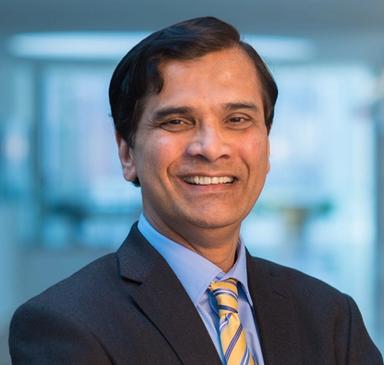Sridhar Kota
Sridhar Kota is the Herrick Emeritus Professor of Engineering, Emeritus Professor of Mechanical Engineering at the University of Michigan where he served for 34 years. He is the founding Executive Director of MForesight: Alliance for Manufacturing Foresight – a federally-funded (2015-2020) national consortium focused on accelerating technological innovation to enhance U.S. manufacturing competitiveness. Between 2009 and 2012, Kota served as the Assistant Director for Advanced Manufacturing at the White House Office of Science and Technology Policy. He played an instrumental role in conceptualizing and championing the establishment of the National Manufacturing Innovation Institutes. He also orchestrated implementation of the National Robotics Initiative and the National Digital Engineering and Manufacturing Initiative.
Kota is the founder and CEO of FlexSys Inc., that developed and flight-tested the world’s first modern aircraft with shape-changing wings to improve fuel efficiency; Inspire Rx LLC that invented and manufactures negative pressure devices to treat Covid-19 patients and protect healthcare workers. Kota authored over 250 technical papers, 40 patents on bio-inspired engineering systems and soft robotics. He is the recipient of the American Society of Mechanical Engineers (ASME) Machine Design Award, Leonardo da Vinci Award, Outstanding Educator Award and the University of Michigan Regents’ award for Distinguished Public Service and the Distinguished University Innovator Award.
Recent Events and Presentations
The Future of Manufacturing and Innovation in Germany and the United States
Join ITIF and OECD to explore policy questions that arose in the context of the OECD Review of Innovation Policy: Germany, but which have relevance to both the United States and Germany.
Engineering 2.0: Rekindling American Ingenuity
Panelists will examine the policy reforms necessary to transform the U.S. engineering system to better meet the needs of the global technology economy.


